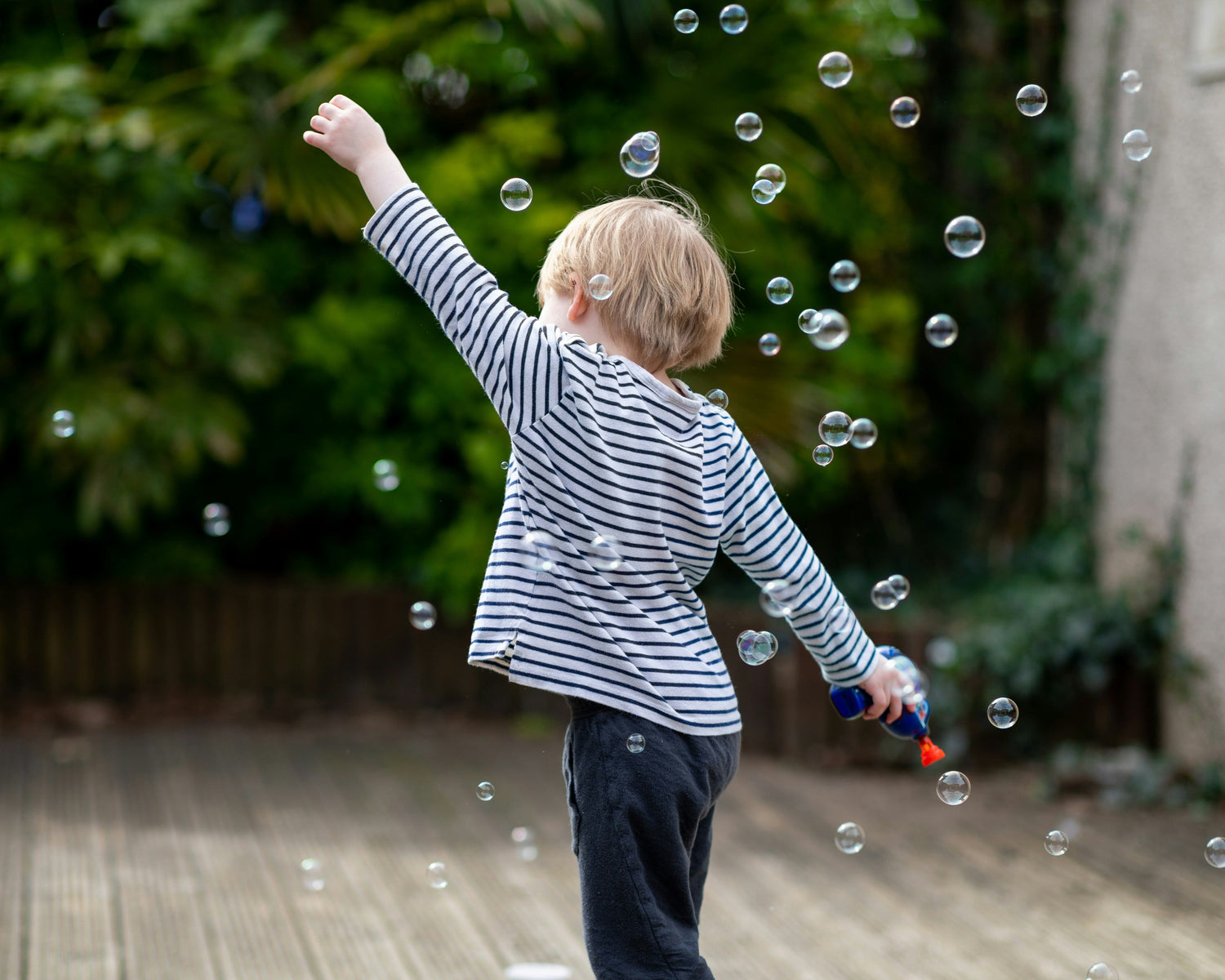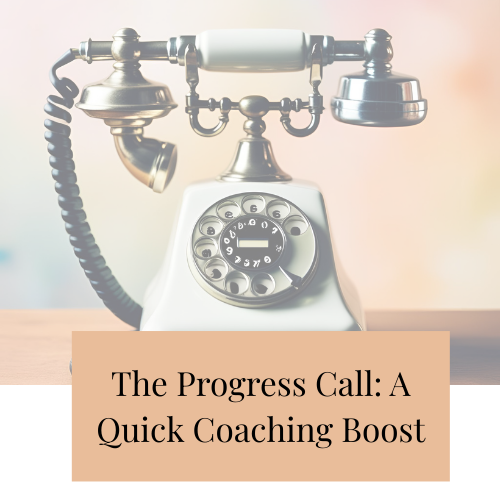Early Literacy in the Play Environment: Supporting Language and Pre-Reading Skills Through Play
From the moment a baby hears their first lullaby or story, they are absorbing the sounds, rhythms, and meanings of language. Early literacy development is about more than just learning to read; it starts with playful, everyday experiences that nurture communication, understanding, and a love for language. In this blog, we explore how to support literacy through play, and why it matters.
What is Early Literacy? Early literacy refers to the skills and foundations children build before they can read or write. This includes:
- Listening and speaking (oral language)
- Vocabulary development
- Understanding how books and print work (print awareness)
- Recognising sounds and letters (phonological awareness)
These skills are best nurtured in playful, engaging ways that feel natural and enjoyable for young children.
Why Play Matters for Literacy Development Play is a powerful tool for learning. Through play, children make sense of their world, practice language, and engage in storytelling. Jean Piaget highlighted the importance of play in cognitive development, especially in the preoperational stage (ages 2-7), where children use symbols and language to represent objects and ideas.
Lev Vygotsky emphasized the role of social interaction in learning, noting that children develop language and thinking skills through guided play with adults and peers. His concept of the Zone of Proximal Development (ZPD) suggests that children learn best when supported by a more knowledgeable other in activities just beyond their current ability.
Play-Based Literacy Activities to Try at Home Here are simple, engaging ways to support early literacy through everyday play:
-
Storytelling and Role Play
- Use dolls, puppets, or figurines for imaginative storytelling.
- Encourage children to create their own stories based on real-life or fantasy.
- Create a "home corner" with props (e.g., menus, pretend phones, recipe cards) to promote rich language use.
-
Mark Making and Pre-Writing
- Provide crayons, chalk, and pencils for drawing and early writing.
- Offer different surfaces (e.g., paper, sand, chalkboards) for experimenting with marks.
- Celebrate scribbles as early writing and invite children to "read" their marks.
-
Print-Rich Play Spaces
- Label shelves, toy bins, and areas in the home with simple words or pictures.
- Create a cozy book nook with a variety of books, including board books, rhyming books, and picture books.
- Rotate books regularly and involve children in choosing their favourites.
-
Singing, Rhymes, and Sound Play
- Sing nursery rhymes, action songs, and rhyming games.
- Play sound games like "I Spy" with initial letter sounds.
- Explore musical instruments to hear and create different sounds.
Building a Love for Reading A key goal of early literacy is fostering a lifelong love for reading. Here are some tips:
- Read with your child daily, even if just for a few minutes.
- Let them see you reading and enjoying books.
- Follow their interests—whether it's animals, vehicles, or fairies.
- Make reading interactive: ask questions, make sound effects, and invite predictions.
Early literacy opportunities can be richly embedded within both urban and rural environments, though they often take different forms. In urban settings, children can access libraries, bookstores, community centers, and diverse cultural experiences that foster language development and print awareness. Outdoor signage, public art, and bustling social interactions also provide natural literacy stimuli. In rural areas, early literacy often grows through close-knit community interactions, storytelling traditions, nature-based play, and hands-on experiences with print materials at home or local schools. Both environments offer unique, valuable contexts for nurturing early reading and communication skills when thoughtfully supported.
Final Thoughts Supporting literacy doesn't require expensive tools or formal lessons. Everyday moments, like sharing a story, singing a rhyme, or labelling a favourite toy basket, help build the foundations for reading and writing. When we follow a child's curiosity and make language playful, we create the conditions for literacy to flourish naturally.
Want personalised ideas for boosting your child's early literacy at home?
Book a Curious Minds Mini Consultation and let’s build a playful learning plan together.
Have a look at our Consultations available







